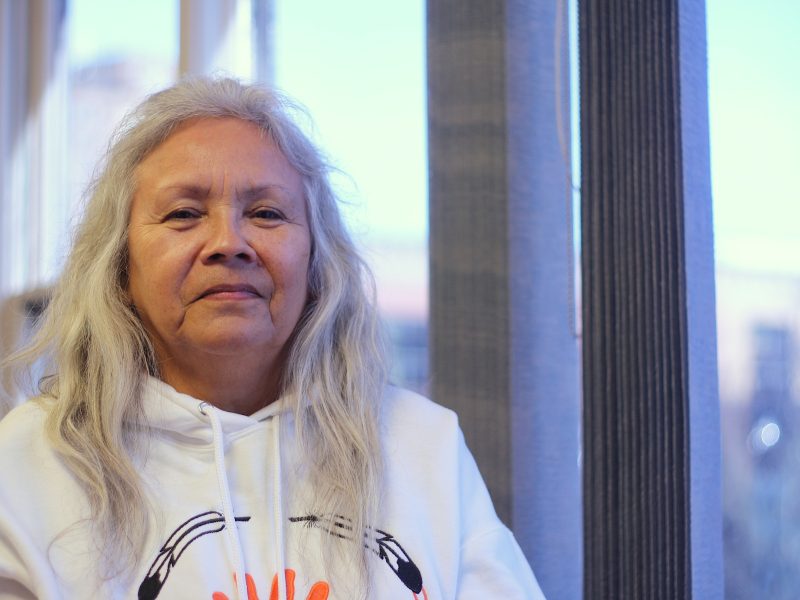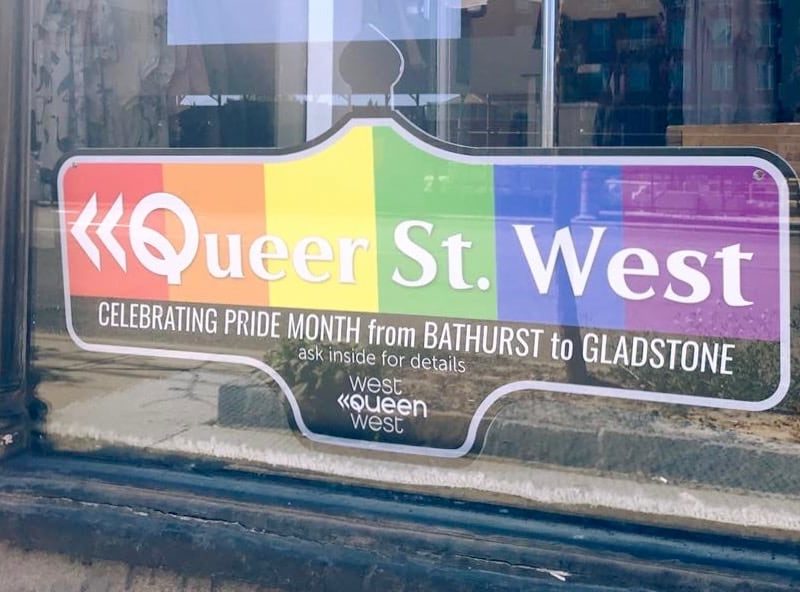
If you feel like summer is a time for popsicles in the grass and for finally closing the 200 internet tabs that have stressed you out for the past six months, trust me when I say I feel you.
So if you’ve been taking a much-needed vacation from the twittersphere, let today’s roundup give you a few notes on the current Canadian discourse on gender issues:
-
“Ontario students will be taught the 1998 sex-ed curriculum, education minister says” (The Star)
A major throwback: After months of debate about sex-ed across the province, Ontario’s newly elected premier Doug Ford scrapped the updated sex-ed curriculum developed in 2015, opting to teach students the old curriculum launched in 1998, whose lessons predate “same-sex marriage, Google, and social media,” as the Star points out. Though by July 16, Ontario’s education minister seemed to be reconsidering, as she said students might learn about topics like consent, cyberbullying and gender identity, after all. Fingers crossed. -
“McGill University professor sues student and colleague for $600K” (CBC)
A McGill professor has filed a $600,000 lawsuit against a student and fellow professor for allegedly damaging his reputation and his “right to privacy.” Ahmed Fekry Ibraham says he had a consensual relationship with a McGill student three years ago, but says rumours and student organizing against the relationship were aimed to rob him of his chance to get tenure. According to the story, Ibraham’s lawyer, Julius Grey, says that the “epidemic of #metoo complaints has gone too far.” -
Canada’s Housing Crisis Brings Violence to Poor Women (The Conversation)
While Vancouver is often deemed the most livable city in the world, it’s not news that the city is also in the midst of a housing crisis. And that crisis is most deeply felt by marginalized communities, including poor women. According to Alexandra Collins, a research associate at B.C’s Centre on Substance Use and a PhD candidate in health sciences, housing instability makes women more vulnerable to physical and sexual violence.
“Violence against poor women in Vancouver remains normalized and pervasive,” she writes. “It isn’t something that can be escaped as it extends into low-income housing and is reinforced through low-income male-centered housing models, building policies and surveillance tactics (or lack thereof).”
Meet With/Out Pretend
Over the past month I’ve spent in the GTA, I was lucky to attend two storytelling events hosted by With/Out Pretend, “an independent Toronto-based publisher focused on producing, promoting and distributing works by women, including those who identify as femme, queer, trans, and persons of colour.”
The first was about unpacking unresolved romantic feelings, and the second about destigmatizing and celebrating bodies that might sometimes be deemed unruly. I loved the idea of the events, and left each inspired by the talent and honesty of the written work and storytelling of each woman who performed.
I asked Erin Klassen, With/Out Pretend’s founder, about the organization’s roots. “We started hosting storytelling events for the same reason we wanted to make collaborative, personal book projects — to let women-identifying (and non-binary) folks tell their own stories, the kinds of stories that really matter to them. We hope to make space for [the] kind of topics that often come with stigma or shame, like women’s feelings about love and heartbreak, or about our experiences living in bodies that are sick, fat, disabled, queer, Black, or ‘othered’ in some way,” she told me in an email.
“I think it’s extremely important to bring people together to connect about the shared feelings and experiences that make us human, and I’m thrilled that these storytelling events have been well received so far,” she added.
Check out With/Out Pretend’s website for information on submitting and getting involved, and catch them on Aug. 8, 2018 at La Vitrola in Montreal and at Zine Dream on Aug. 12 in Toronto.[end]



